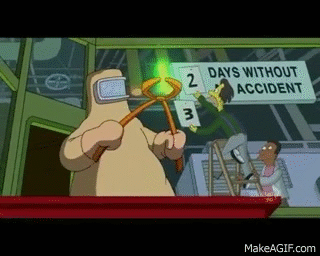The most consistent finding in academic research literature on occupational licensing is that it boosts the earnings of people already in the profession. This makes sense because licensing limits entry into an occupation and reduces competitors. An artificial constraint on the supply of a thing makes it more expensive to obtain.
 Research findings are inconclusive at best over whether occupational licensing actually improves service quality and safety. That seems wrong at first, but there are many reasons why licensing doesn’t bring about greater overall service quality and safety:
Research findings are inconclusive at best over whether occupational licensing actually improves service quality and safety. That seems wrong at first, but there are many reasons why licensing doesn’t bring about greater overall service quality and safety:
- There might not be a safety need to fix, if the license is arbitrary.
- The same process that keeps out unqualified work can also be used to keep out innovators — new entrants with better ideas and safety innovations.
- It would also channel creative thinking not into improving service quality, but in finding shortcuts around a license or its requirements.
- Resistance to change could lead to enforcing standards and training requirements that don’t match the actual needs of the work.
- It could also lead to imposing standards that aren’t needed or are no longer necessary — whether in entrance exams, mandated experience levels, or even pricing.
- A board made up of mostly current members of the profession could impose their own biases for how the work — or even training for the work — “should” be done.
- The board could also discard its oversight role for more a club mentality with their licensees, whereby the board would end up protecting rather than punishing wrongdoing peers.
- A grandfather clause for current practitioners in a recently regulated profession would protect all current practitioners, which would undercut the licensing rationale that some providers are too unqualified and unsafe to be allowed to practice in the state.
- It focuses on input or process measures rather than outcome measures as ways to measure quality and safety.
- Licensed professionals could be safer and more qualified, but since they’re more expensive, people would opt more for cheaper, less safe alternatives.


